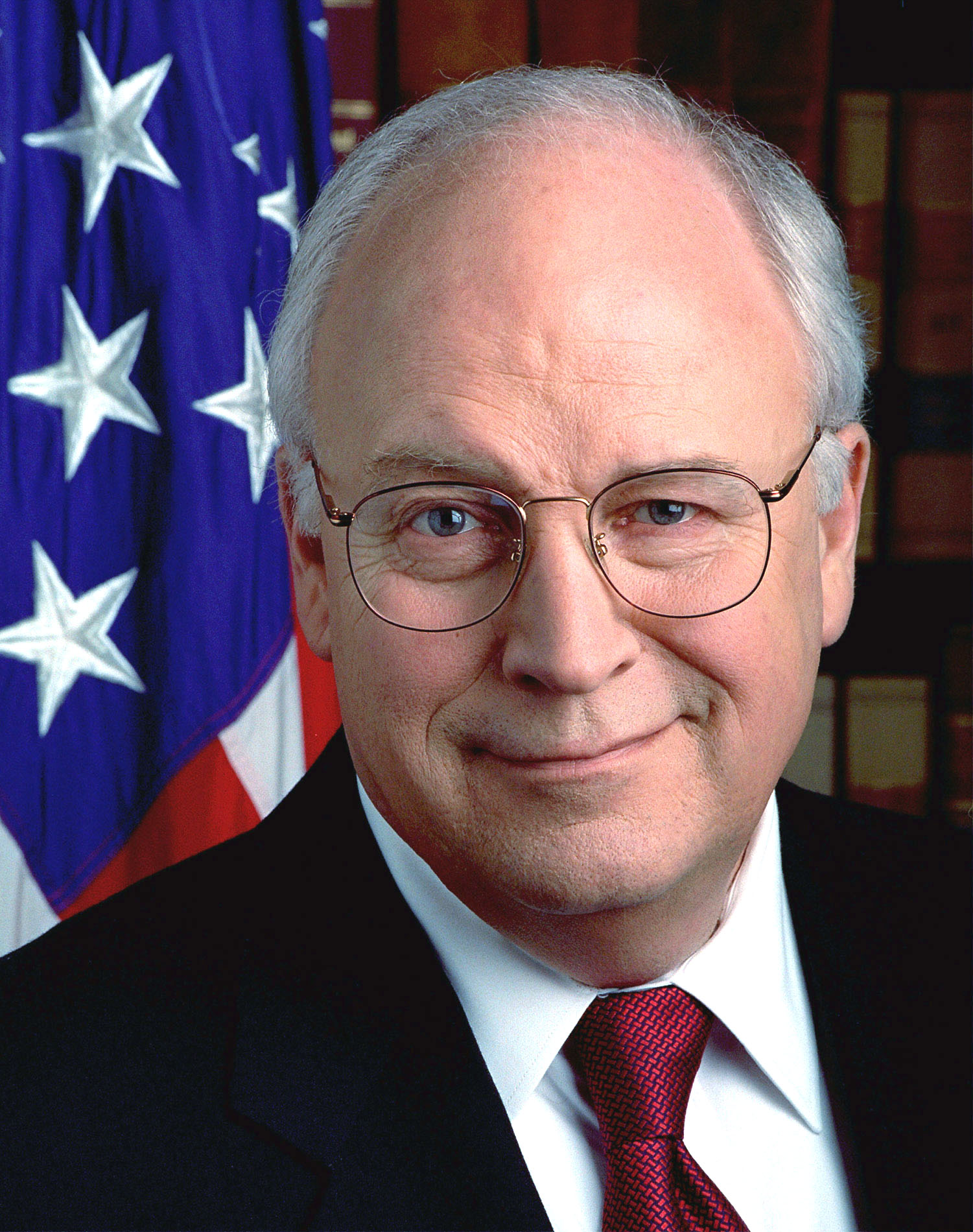Like
the generals from South American juntas,
these individuals—who either committed or supported atrocities and
terrorism—are trying to change the record or the parameters of the debate to
secure their reputations, jobs, and possibly their futures, given calls from
politicians and human rights organizations on the Obama administration to
prosecute those guilty of state crimes and terrorism.
Both
Dick Cheney (who told flagrant lies to engineer an illegal and immoral war in
Iraq, and has always glorified state terrorism) and John Brennan (current CIA
Director and overseer of Obama’s program of drone murders) have argued that the
use of torture was necessary to protect the U.S. in a time of war.
But
it was telling that even in his defense of the agency under his charge, John
Brennan carefully said that “There was very valuable intelligence obtained
from individuals who had been, at some point, subjected to EIT’s
[torture]”. He clearly didn’t feel
comfortable saying on the record that the intelligence was obtained because of that torture.
There
are two responses that debunk this line of ‘logic’ about the necessity of
torture.
The
first is that outlined by UC Irvine law school dean earlier in the week when he
reminded us that “the debate should not be about whether the torture
worked. The federal criminal law and the
[international] treaty [to which the U.S. is a signatory] have no exception for
effective torture”. In other words,
sociopaths like Dick Cheney and lifetime members of the rogue intelligence establishment
like John Brennan do not get to decide when we trash our laws and throw out our
legal obligations by turning to methods of barbarism.
The
second argument of course, is that torture, and the array of terrorist methods
deployed by the United States in the 13 years since 9/11 have caused far more
violence and destruction than during 9/11 and subsequent attacks. There is little to no evidence that our state
terrorism prevented further attacks, and much to suggest that it and our wars
have generated new ones.
Far
more U.S. citizens—most of them military personnel—have died since 9/11 than on
that day. Hundreds of thousands of
citizens from Afghanistan, Iraq, Yemen, Somalia, and Pakistan have been killed
by our terroristic wars.
Those
ill-judged wars scattered Al Qaeda from its hide-out in Afghanistan across
South Asia, the Middle East, the Horn, and North Africa. Our terrorism proved a boon to Al Qaeda and
its ilk, losing us sympathy and initiating a recruiting bonanza for the
terrorist organizations we were trying to combat.
George
Tenent, Porter Goss, and Michael Hayden, all practitioners or supporters of
state terrorism from their former positions in the CIA, are crawling out of
the woodwork to defend the savagery their organization unleashed on people
outside the remit of law, oversight, or the conventional bounds of morality. These men should be speaking in public, but
not bleating from the safety of talk-shows.
Rather, they should be in court, on trial for war crimes, crimes against
peace, and crimes against humanity.
Trying
to shift the terms of the debate, the Republican Party—the party of umpteen
Benghazi investigations into the non-scandal that was Benghazi—cited the cost
of investigating the terrorism of our intelligence agencies as a reason for
letting their criminal behavior go unpunished.
Senate intelligence committee chair Dianne Feinstein then pointed out
that “most of the cost [of the investigation] was incurred by the CIA trying to
hide its record”. The CIA is not simply
a terrorist organization in the sense that it tortures and murders. It also subverts democratic government by
destroying and withholding records about its terrorist activities. In the long run, the CIA and its pathology is
a far greater threat to our nation than Al Qaeda ever was or will be.
John
Brennan, whining at a news conference after the report was released said, “My
fervent hope is that we can put aside this debate and move forward”.
Well,
Mr Brennan, maybe we can move forward if those of you who committed torture and
other acts of terror, and those of you who ordered such actions and shielded
those who committed them are brought to justice. “Moving on” is code for impunity, and if we
are a nation of laws, as so many like to claim, those laws must be brought to
bear on those who break them.


